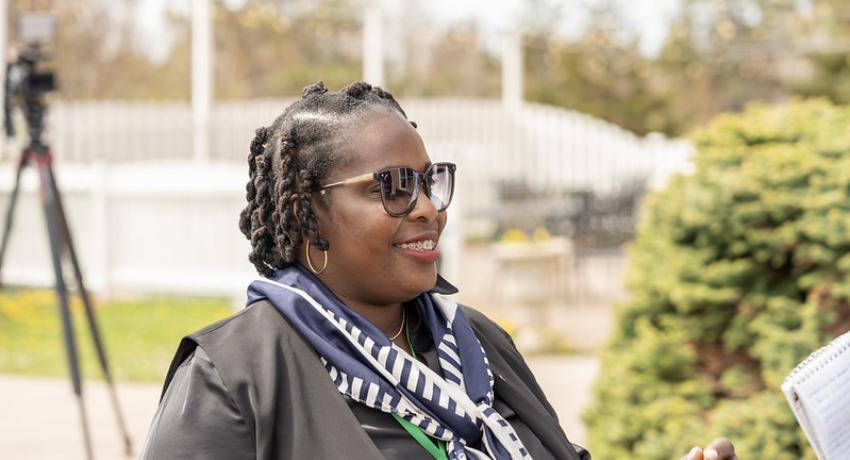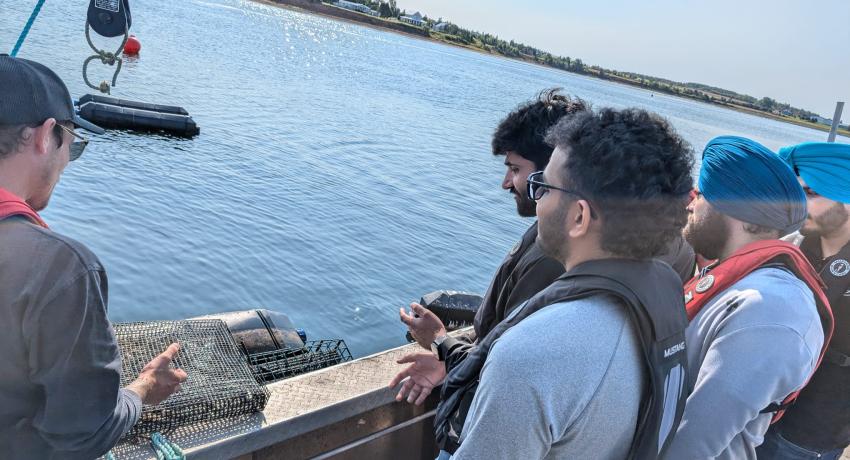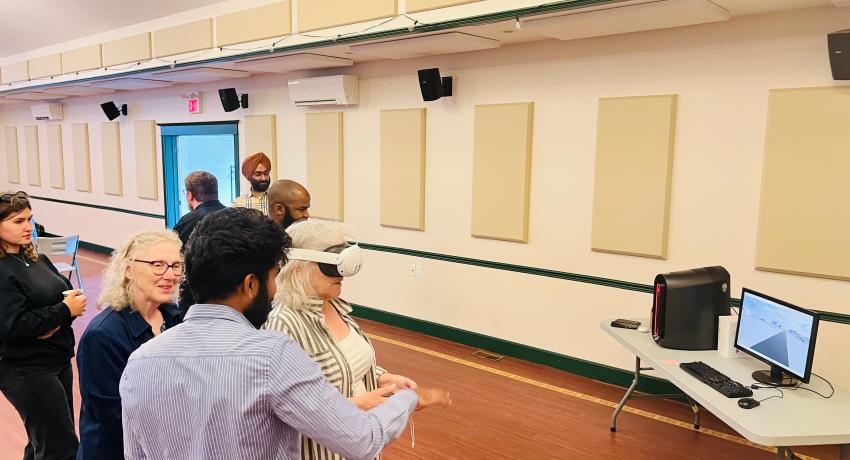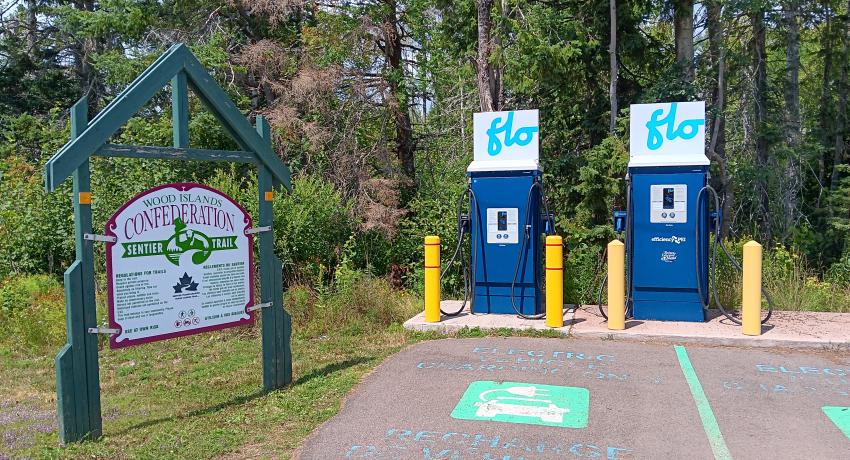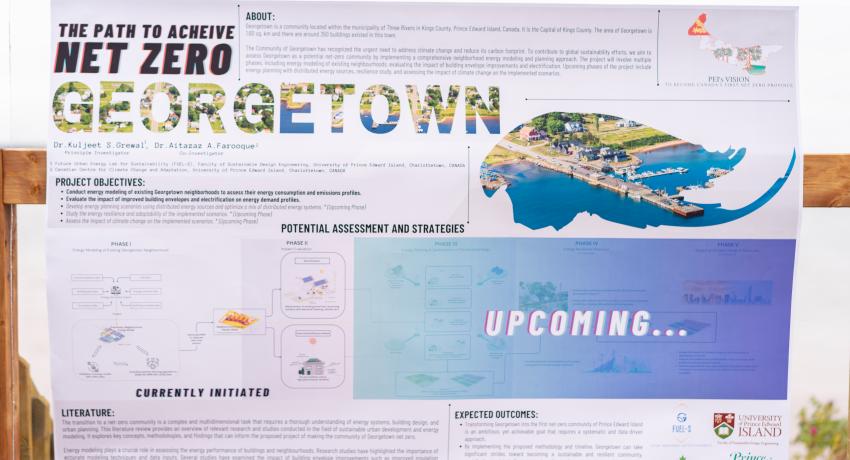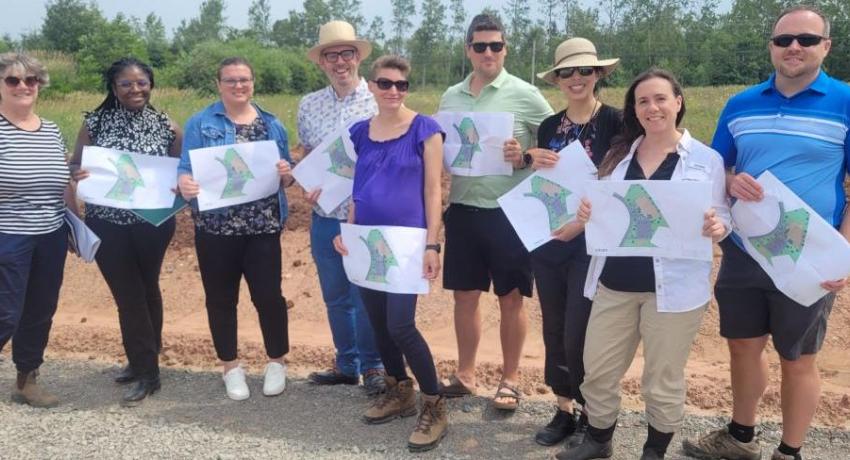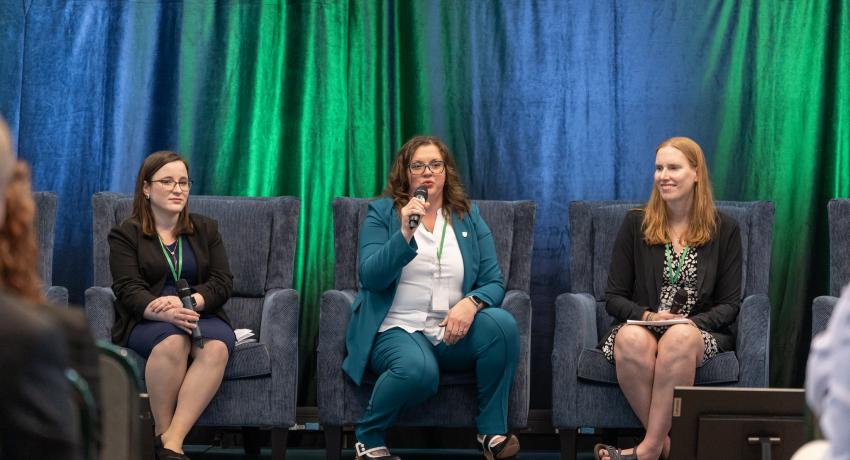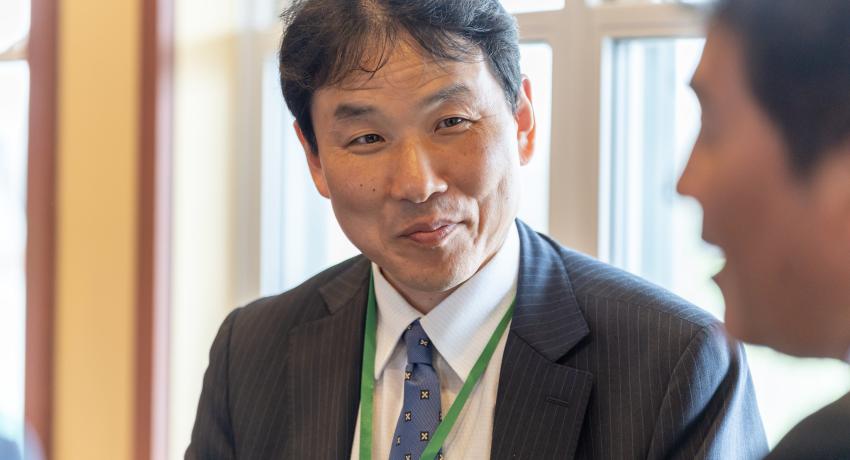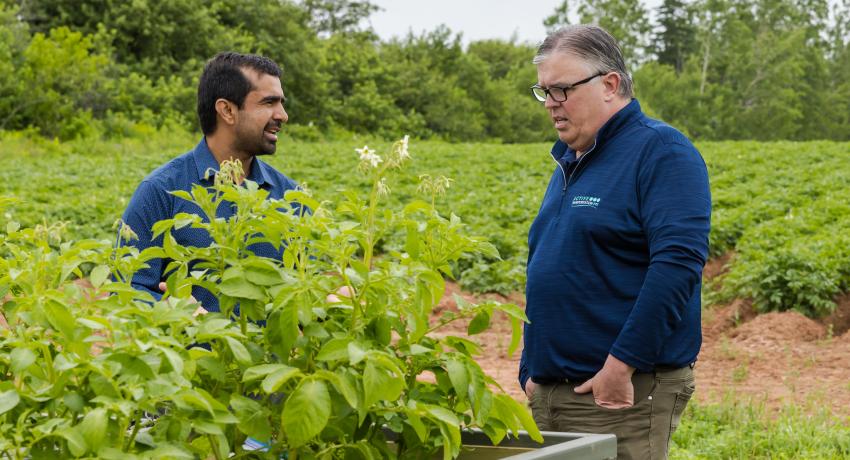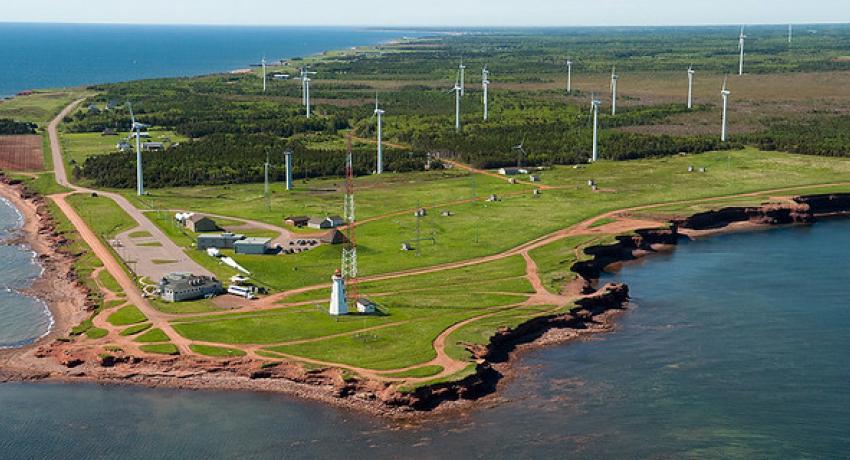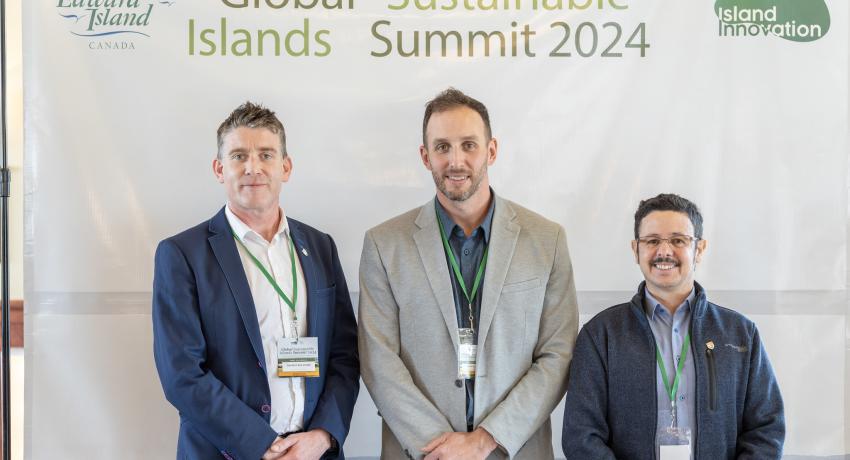The Global Sustainable Islands Summit was held in Prince Edward Island in May and included discussions between island nations around sustainable development and climate adaptation.
One island nation that took part in the conference was St. Kitts and Nevis.
St. Kitts and Nevis is no stranger to experiencing climate-related events. Coral bleaching has become a harsh reality, thanks in part to rising ocean temperatures. As a result, the process is damaging marine life, putting a damper on the nation’s tourism as well as its fishing industries.
Despite dealing with a rise in climate-related events, the Twin Island Federation is finding solutions they feel will help mitigate the harm caused by the global issue.
Leading the fight is Dr. Joyelle Clarke. Dr. Clarke is the current Minister of Environment, Sustainable Development, Climate Action, and Constituency for the island nation.
“We’re making sure that we’re growing our climate resilience transition and developing climate knowledge within our education sector,” said Dr. Clarke.
“Recently, we launched the largest solar power education course at our university, our local college, and the regional University of the West Indies. And that was to ensure that the changes made at a national level are understood by every single person in our education system. They have the training and the resources to help us transition.”
The solar power education course is offered through the Department of Science and Technology at the University of the West Indies, the largest post-secondary institution in the Carribean. In the course, students learn about some of the important topics around solar energy and solar power.
Apart from furthering educational efforts, collaboration remained top of mind for Dr. Clarke during the global summit.
Over 50 island states were represented at the conference, each with their own challenges and solutions around climate change.
Dr. Clarke took back some innovative solutions shared during the conference that St. Kitts and Nevis could use to deal with climate change.
“I want to learn more about the innovative solution from each island but not just Caribbean islands. Mediterranean [Islands], African [Islands], and islands that have strong investment partners,” said Dr. Clarke “As islands, we combine our efforts, but you never really know where the innovation is unless you connect, convene, and collaborate.”
Despite their geographical differences, Prince Edward Island has explored similar climate change strategies in recent years as St. Kitts and Nevis. One of those is advancing opportunities in climate education.
The Canadian Centre for Climate Change and Adaptation (CCCCA) has gone a long way in furthering climate education on Prince Edward Island.
Operating in conjunction with the University of Prince Edward Island, the centre is home to several facilities and educational tools used to deal with climate change in PEI.
One of those facilities is the UPEI Climate Lab. At the climate lab, students monitor the effects of climate change on PEI’s environment, such as coastal erosion along the Island’s coastline.

